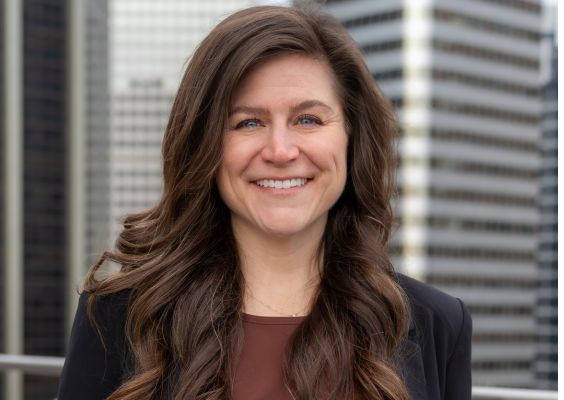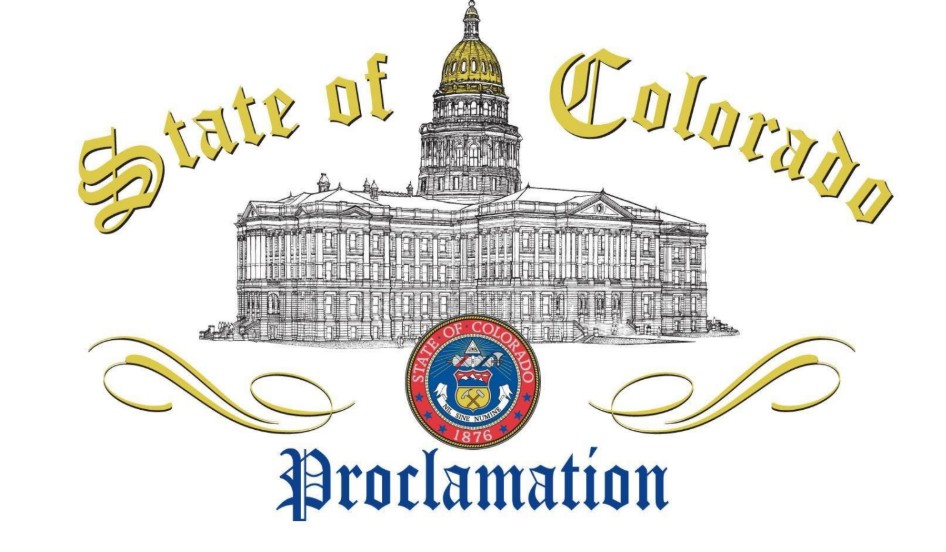Implementation Science in action, meet MacKenzie Mixer

When the Colorado Department of Human Services started its Colorado Implementation Science Unit (CISU) over a year ago, it enhanced the state’s capacity to support communities in the development and expansion of prevention programs. These programs are intended to keep families safe, stable and together, while limiting their involvement with child welfare.
Currently a team of three with the recent addition of Implementation Scientist MacKenzie Mixer, CISU is providing technical assistance and thought partnership to communities as they build out new prevention strategies. In addition to rooting strategies in research and evidence, CISU is helping communities create plans for rigorous evaluation and future scaling efforts.
“Everyone wants their program to work, so we work closely with community members, program managers and providers to ensure program models are theoretically sound and structured to work,” said MacKenzie. “We leverage strategies from implementation science to co-design program materials and plans with communities to support their success. Our goal is to help develop great, responsive programs with the potential to run long term. We are dedicated to making that happen.”
CISU supports programs from beginning to end. Starting with what is called the exploration stage, the team begins its work by facilitating conversations with communities to understand the assets and needs of those the community aims to serve with their program idea. Conversations focus on whether the program idea is the best fit for the community and the feasibility of implementing the idea.
Establishing and implementing a program is like helping someone who wants to do a pull-up at the gym,” said MacKenzie. “They (the community) can and will eventually do a pull-up (implement the program) on their own, but with the right personal trainer (CISU) who can offer evidence-based advice, they can achieve their pull-up faster and more efficiently. We’re essentially personal trainers helping communities get over the proverbial pull-up bar.”
Once the exploration stage is complete, the program moves to the installation stage of implementation. This is when CISU helps communities consider everything that is needed to launch the program – from building and data infrastructure, to building practitioner and organizational capacity. During this phase, CISU ensures resources are in place, staff are trained, and leadership is prepared to launch the program.
“Most everyone has some sort of experience in implementation science, but they may not realize it,” said MacKenzie. “It’s like throwing a party or planning a vacation, you have to have everything ready before the guests arrive or you leave for the trip. We want the experience of establishing and implementing programs to be seen as a collaborative, transformational and exciting experience. Each program and community is unique, which is why we want to learn what’s working or not working so we can help tailor our approach and suggestions.”
Once everyone is prepared to launch the program, the initial implementation stage begins. This is when staff start implementing the program and using data to understand what may need to change to make the program better. During this stage, additional training and coaching may be offered, and even elements of the program may be adjusted to better meet the needs of those being served.
Once the program is running on its own it has reached the full implementation stage. This is when the program is achieving its expected outcomes.
«Once the program has been successfully implemented and communities have confidence that they are working, we’ve done our part. They’re doing pull-ups on their own and we know they will keep getting stronger,” said MacKenzie.
More Posts







